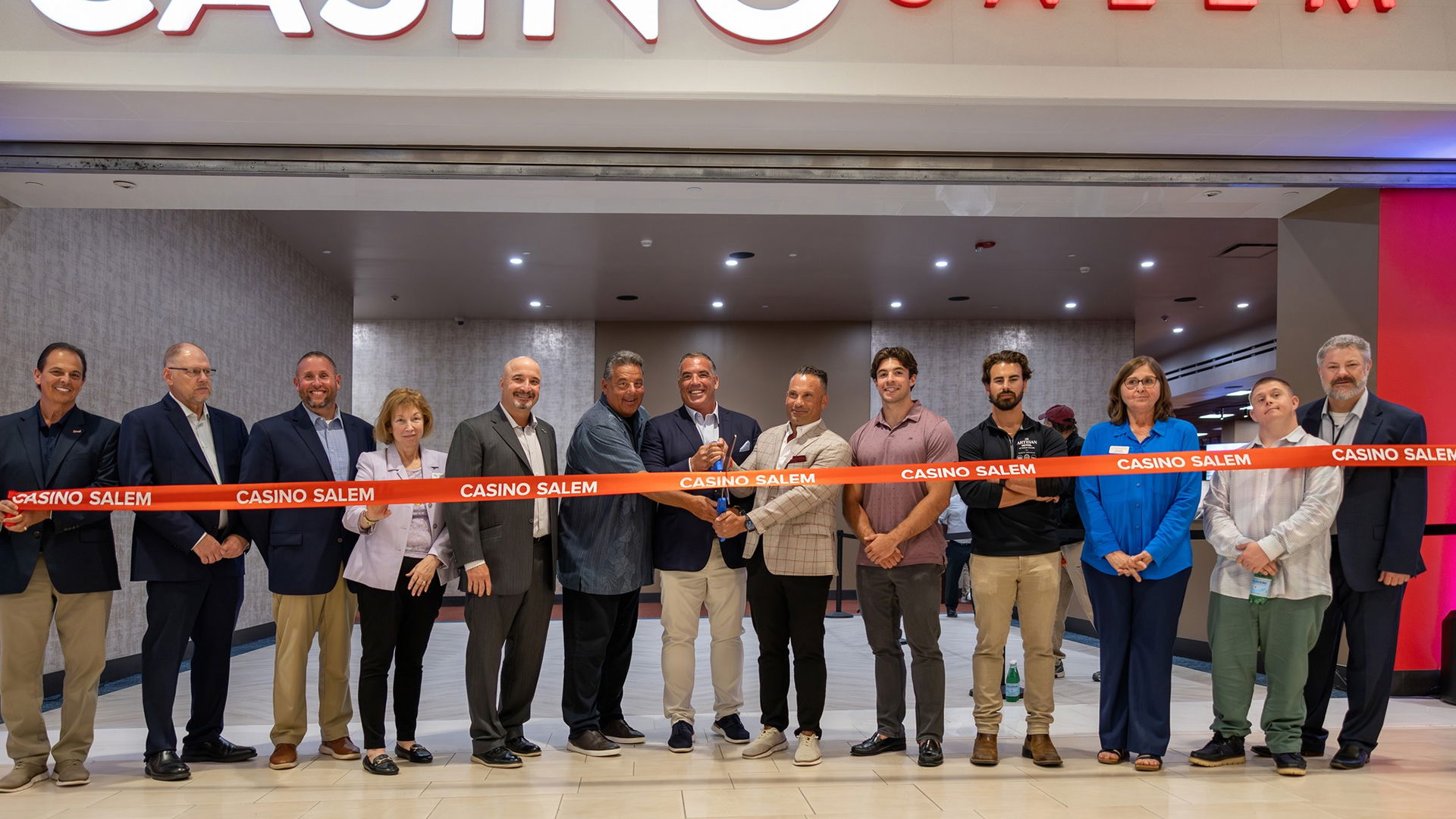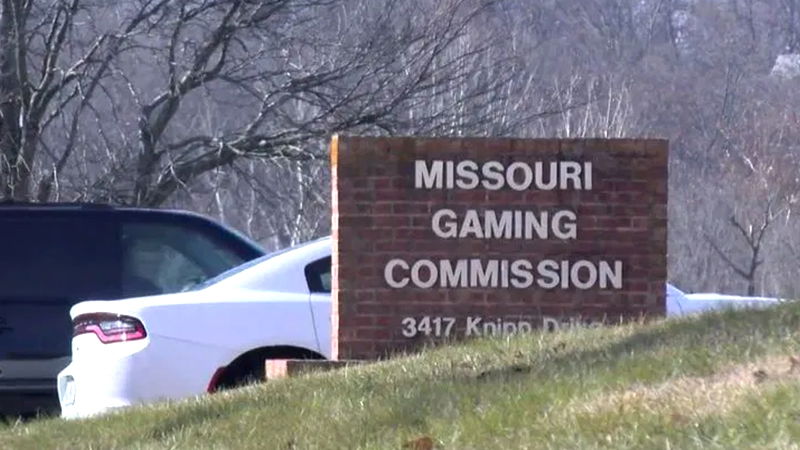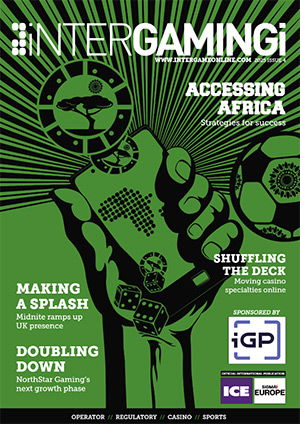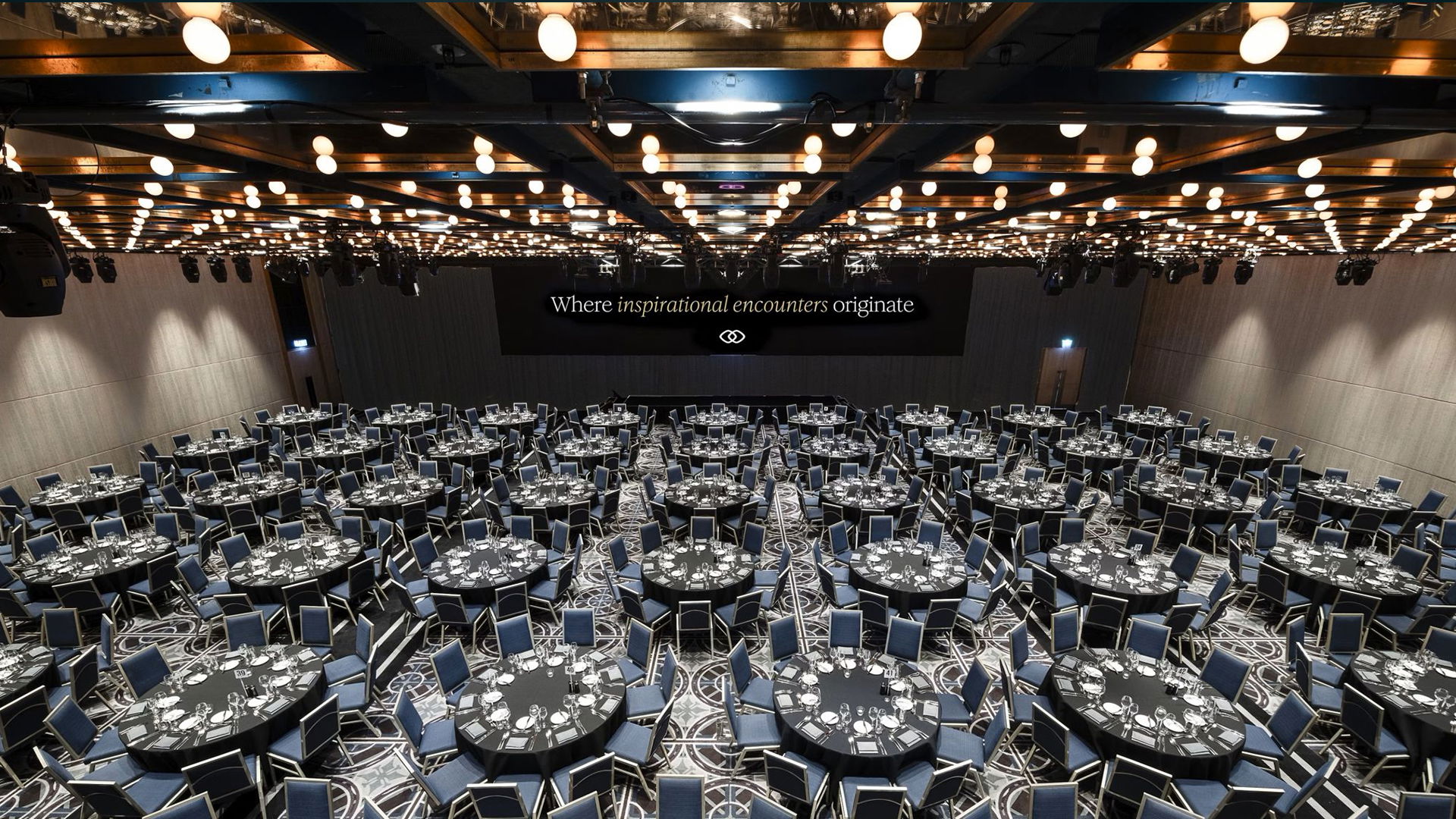UK: William Hill to close 700 betting shops after FOBT reform
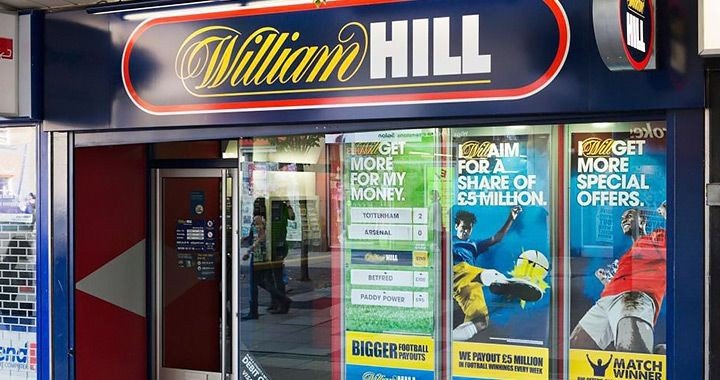
"William Hill has entered into a consultation process with retail colleagues over plans to close around 700 licensed betting offices," the company said in a statement. "This follows the Government’s decision to reduce the maximum stake on B2 gaming products from £100 to £2 on 1 April, 2019."
The UK government’s decision was made after years of being faced with heavy criticism for encouraging high-stakes gambling and exposing people to the risk of gambling addiction.
"Since then, the company has seen a significant fall in gaming machine revenues, in line with the guidance given when the government’s decision was announced in May 2018," the company continued. "A large number of redundancies is anticipated with 4,500 colleagues at risk."
The company plans to begin shutting shops by the end of the year, it said. B2 gaming machines – also known as fixed odds betting terminals (FOBT) – were introduced into betting shops in 1999 and since then, the number of terminals in bookies has grown to 33,468 in the UK.
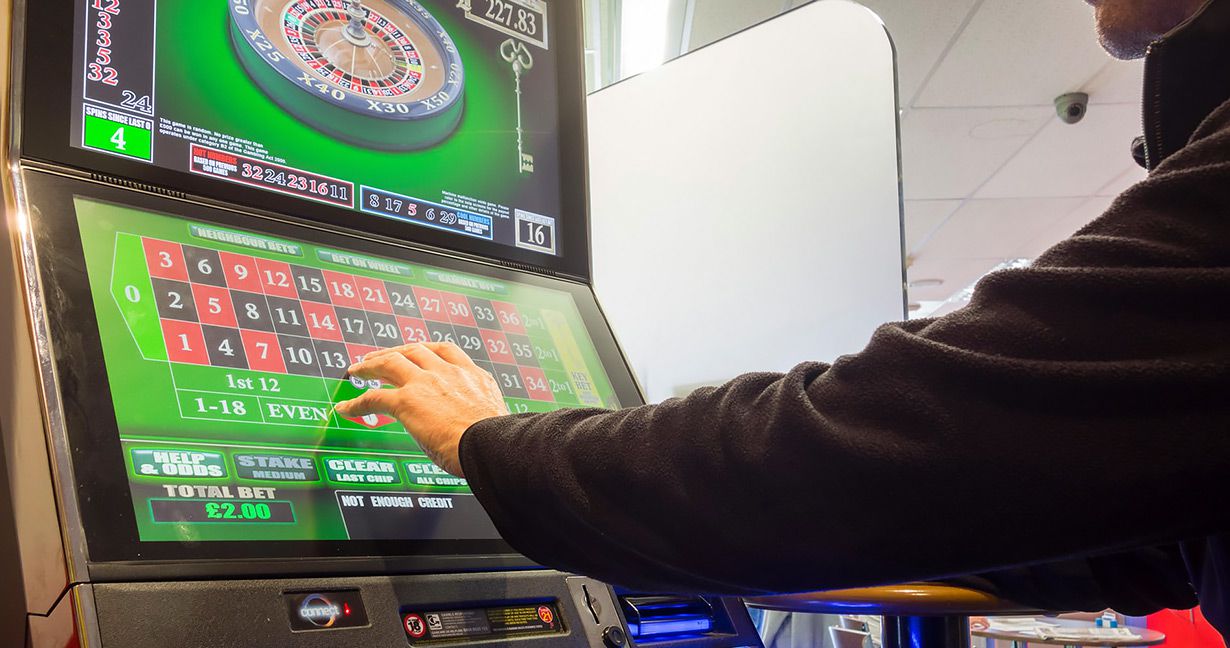
The government began to look at FOBT machines in October 2016, when it made a ‘call for evidence’ on the number and location of terminals and the measures in place to protect players. But data from the UK Gambling Commission showed profit generated by FOBTs grew from £1.05bn in 2009 to £1.83bn last year – a rise of 74 percent. Last year, betting shops made £3.2bn from a combination of FOBTs and traditional ‘over-the-counter’ bets, with FOBTs making up 57 percent of the total.





